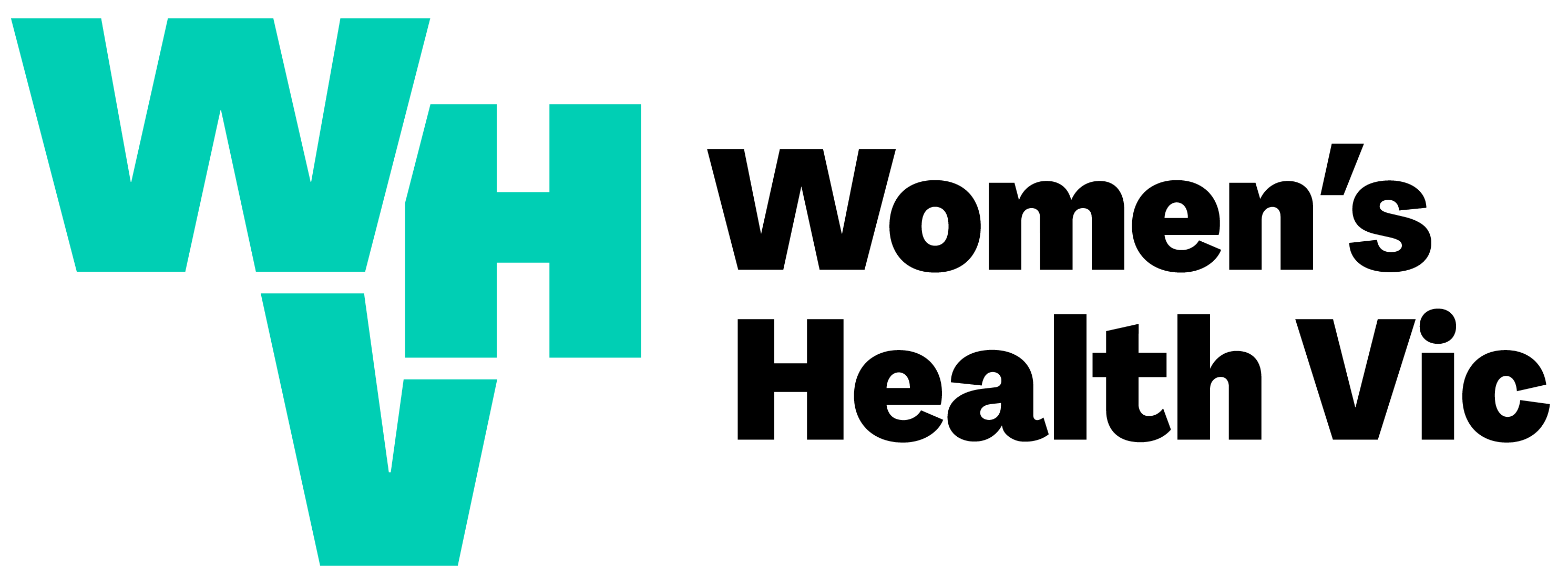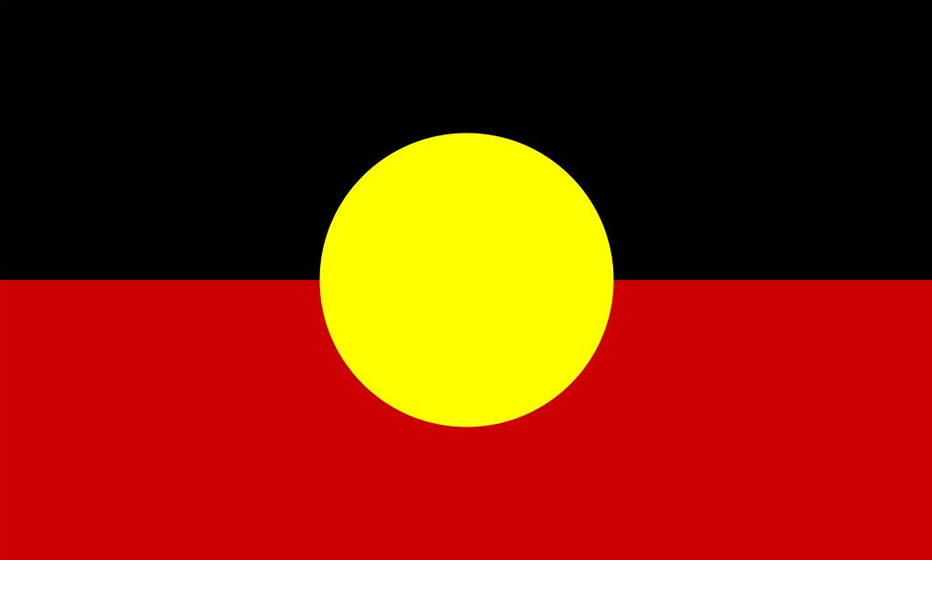Women's Health Victoria welcomes Senate Inquiry report on menopause; urges focus on underserved communities
Women's Health Victoria (WHV) welcomes the release of the Senate Community Affairs References Committee’s report on Issues Related to Menopause and Perimenopause.
This significant inquiry marks an important step in addressing the often-overlooked challenges faced by women during perimenopause and menopause. WHV led a joint submission from the Victorian Women’s Health Services Network and presented to the Senate Committee’s hearing in Melbourne in June.
We commend the Committee for focusing on expanding research, workplace policies, healthcare professional training and community awareness raising. It is also positive to see a focus on increasing understanding of the links between menopause and mental health, and on the need for better guidance for health practitioners on treatment and management of mental health symptoms of menopause.
Overall, the recommendations highlight the need for better evidence and a comprehensive understanding of how menopause impacts different communities. However, further action is needed to ensure that all women receive the care and support they need.
Improving workplace policies and health professional training
WHV supports the Committee’s recommendations for strengthening workplace policies to support women during menopause. The proposed changes to the Fair Work Act, which would enable women to access flexible work arrangements during menopause, represent a positive shift.
"The physical, mental, emotional and social impacts of menopause can be significant, leading to particular challenges in the workplace," said WHV CEO Sally Hasler. "We are encouraged by the recommendations to support flexible work arrangements, and we urge employers to consider the importance of these changes for women’s wellbeing."
In addition to workplace policies, WHV advocates for enhanced training for healthcare professionals. The report’s recommendations for including menopause in medical curricula and continued professional development for physicians, nurses, and other health workers are key to improving the standard of care provided to women across Australia.
Prioritising equity in menopause care
"Menopause is a significant life stage that affects all women, yet the experiences and healthcare needs of many remain overlooked," Hasler said. "The Senate Committee’s report is an important acknowledgment of the need for change, but we must ensure that the barriers faced by women who are already marginalised – including First Nations women, LGBTQIA+ individuals, and those living with disabilities – are adequately addressed."
The report recognises the need for more research into the experiences of underserved communities. However, there is a strong need to ensure this research translates into culturally safe, culturally and linguistically appropriate and accessible services. WHV continues to stress that healthcare solutions must be designed in consultation with communities and adequately resourced, to overcome these barriers.
"While further research is vital, it must lead to real-world outcomes for women who are often left behind by the system," Hasler continued. "All women, regardless of their background, should be able to access high-quality menopause care that respects their cultural and personal needs."
Next steps: a focus on accessibility
The report makes some commendable recommendations addressing accessibility and affordability, such as expanding the scope of practice for nurse practitioners, revising the Medicare Benefits Schedule (MBS) to support longer consultations and reviewing supply and pricing of menopause hormone therapy. This must be a key priority of the Australian Government in implementing the Report’s recommendations, and WHV emphasises the need for further consideration of the affordability and accessibility of menopause care, in particular for underserved communities.
WHV looks forward to contributing our gender equity in health expertise to the Australian Government’s implementation of the recommendations.
Women's Health Victoria (2024) Women's Health Victoria welcomes Senate Inquiry report on menopause; urges focus on underserved communities. Women's Health Victoria Media Release (Sept 24).






